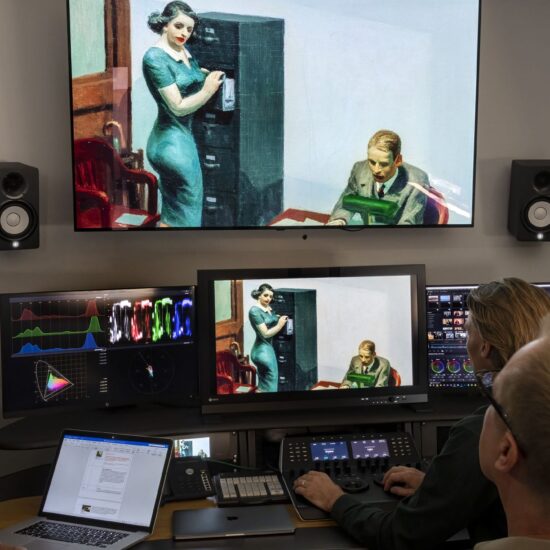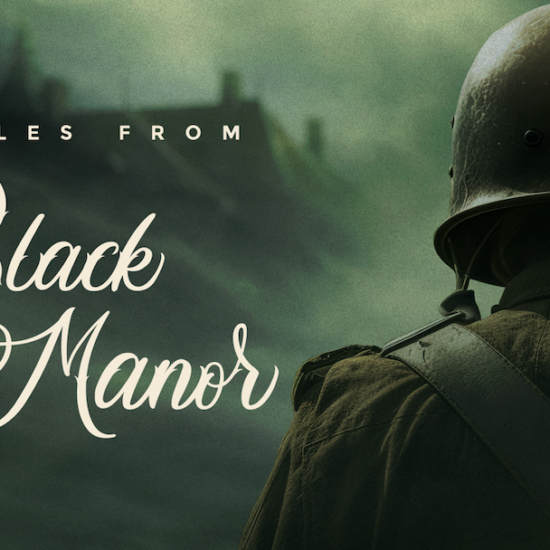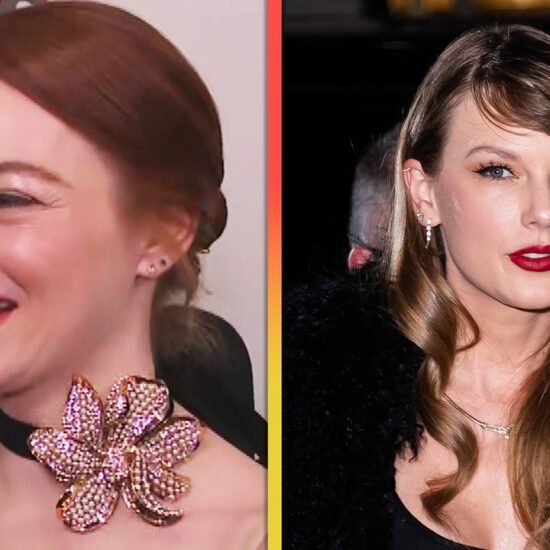
There are some years where the TV trends are so obvious, it’s hard to ignore. And this year, one looms over all: The evolution of true crime, once the bastion of news magazines and cheesy made-for-TV movies of the week, into prestige television. That has been true for a while in the documentary space, but the sheer number of ripped-from-the-headlines tales taking over the scripted world is truly astounding.
And not all of them are tales of real-life death or murder (attempted or accomplished) — although plenty of them are, including “The Staircase,” “Candy,” “The Thing About Pam,” “Joe vs. Carole,” “The Girl From Plainville” and the aptly named “Dr. Death.” But what really stands out in this year’s glut of true crime are the depictions of wealthy scoundrels trying to get away with their own corporate malfeasance (while harming others in the process).
The list is weighty: There’s “Dopesick” and its chronicle of how the Sackler family hooked a nation on opioids; “The Dropout” and how Theranos founder Elizabeth Holmes scammed investors into believing her technology worked; and “Inventing Anna” and its protagonist Anna Delvey, who conned many New York elite.

Julia Garner as Anna Delvey in “Inventing Anna.”
NICOLE RIVELLI/NETFLIX
What makes these shows so satisfying? I have one theory: At least these programs feature some level of accountability or comeuppance. Yeah, the Sacklers are still wealthy and they’ll never be properly punished for the devastation they’ve caused, but at least they’ve been exposed, and there’s some satisfaction that they’ll forever be tainted now that we know the truth. The same goes for Holmes, Neumann, Delvey and some of the others. Their hubris came with consequences, and at least some accountability.
That kind of justice seems to be in short supply in the real world, and that will again be true this week when the committee investigating the Jan.6 insurrection finally holds public hearings — and yet, so far, there’s been no ramifications (and as a matter of fact, with so few consequences, the likelihood of another one grows by the day). Countless elected officials encourage an insurrection that causes an unprecedented breach of the Capitol building that led to several deaths… and there’s no punishment? Mitch McConnell refused to allow a vote on President Obama’s Supreme Court nominee but rushed through an unqualified Trump pick without any hesitation? Voting rights are being destroyed, a woman’s right to choose and so much progress that this country made in the 20th century is being rolled back — and there’s nothing we can do about it?
It almost seems like the only justice we get these days is on TV. I decided to test out my theory by calling CrimeCon founder Kevin Balfe, whose annual event attracts true crime fans and creators.
“We’ve seen at CrimeCon that the stories that resonate are the ones where you had all of this back and forth and twists and turns and interesting things that happened along the way, but ultimately in the end, justice is served,” he says. “A family and the victims find some closure, and everybody can walk out feeling a little bit better.”
But Balfe notes that not all real-life crime stories end on a definitive note. “The Staircase” is a good example of that, as the question of Michael Peterson’s guilt or innocence in the death of his wife is still unclear. Still, if the journey is satisfying, at least there’s comfort in knowing that examiners are doing their best to find the answers.
“I think when you look at the ones that do get adapted, things like ‘The Thing About Pam’ and ‘The Staircase,’ look at what’s required: The layers and the twists. These stories have to be exceptional,” he says. “But, I always go back to how truth is stranger than fiction.”













